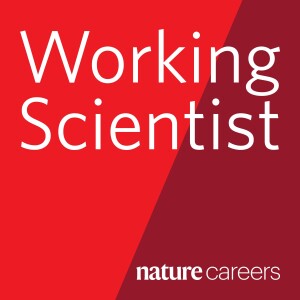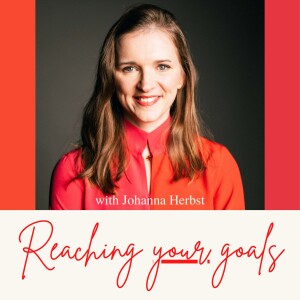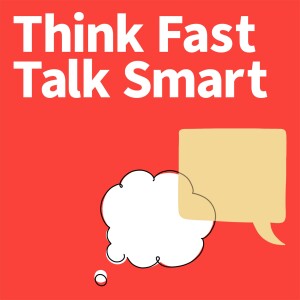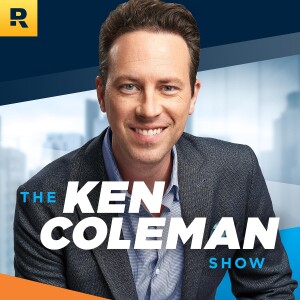
How do you learn leadership skills as a researcher, and how well is science served by its current crop of leaders?
These are just two of the questions asked of scientific leaders from a range of sectors and backgrounds in this five-part Working Scientist podcast series, all about leadership.
In this final episode, Gianpiero Petriglieri focuses on the emotional aspects of leadership — describing it as a love for an idea, and for a group of people whom you’re trying to both protect and advance.
Petriglieri, who researches organizational behaviour at INSEAD Business School in Fontainebleau, France, says that being in the physical presence of an effective leader should ideally make you feel calm, clear about priorities and cared for.
Julie Gould also talks to Robert Harris, a past president of ORPHEUS, the Organisation for PhD Education in Biomedicine and Health Sciences in the European System; he’s also a research-group leader at the Centre for Molecular Medicine, part of the Karolinska Institute in Solna, Sweden.
Good leadership is all about effective communication and being able to inspire and empower others, he says. To do that, you need to ask the right questions, and make suggestions, rather than giving orders.
Hosted on Acast. See acast.com/privacy for more information.
More Episodes
Four weddings, a funeral, and the Sustainable Development Goal logos
 2024-10-17
2024-10-17
A checklist for delivering the Sustainable Development Goals
 2024-10-10
2024-10-10
How artificial intelligence can help to keep us safe
 2024-10-03
2024-10-03
My mission to protect threatened mangroves
 2024-09-26
2024-09-26
How studying octopus nurseries can shape the future of our oceans
 2024-09-19
2024-09-19
How we slashed our lab’s carbon footprint
 2024-09-12
2024-09-12
Meet the retired scientists who collaborate with younger colleagues
 2024-07-26
2024-07-26
A dumpster full of mercury and other things to avoid: lab closures made simple
 2024-07-22
2024-07-22
Pension planning and psychosocial support: how institutions can help academics at the late career stage
 2024-07-12
2024-07-12
“Who am I if not a scientist?” How to find identity and purpose in retirement
 2024-07-05
2024-07-05
Choose your own adventure: navigating retirement after an academic career
 2024-07-01
2024-07-01
The last few miles: how to prepare for the late-career stage in science
 2024-06-21
2024-06-21
Counting the cost of fashion’s carbon footprint
 2024-06-10
2024-06-10
Why female students at an inner London school are seeing scientists in a different light
 2024-06-06
2024-06-06
Using live transport data to deliver sustainable cities
 2024-06-03
2024-06-03
How artificial intelligence is helping to identify global inequalities
 2024-05-27
2024-05-27
Infrastructure projects need to demonstrate a return on investment
 2024-05-20
2024-05-20
Decent work for all: why multinationals need a helping hand
 2024-05-13
2024-05-13
How artificial intelligence is helping Ghana plan for a renewable energy future
 2024-05-07
2024-05-07
How a young physicist’s job move helped Argentina join the ATLAS collaboration
 2024-04-15
2024-04-15
Create your
podcast in
minutes
- Full-featured podcast site
- Unlimited storage and bandwidth
- Comprehensive podcast stats
- Distribute to Apple Podcasts, Spotify, and more
- Make money with your podcast
It is Free
You may also like

The Business Of


Reaching your Goals


The $100 MBA Show


Think Fast Talk Smart: Communication Techniques


The Cardone Zone


The Ken Coleman Show


- Privacy Policy
- Cookie Policy
- Terms of Use
- Consent Preferences
- Copyright © 2015-2024 Podbean.com


 iOS
iOS Android
Android